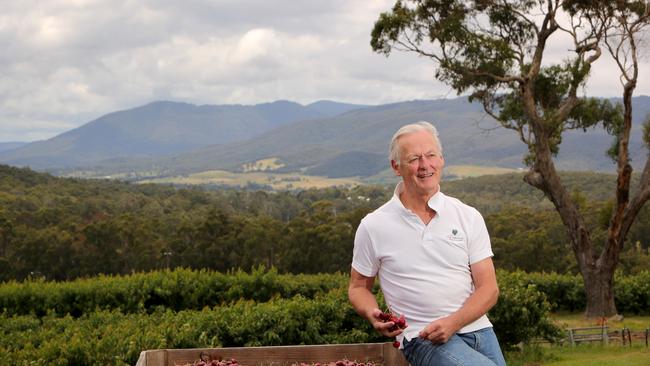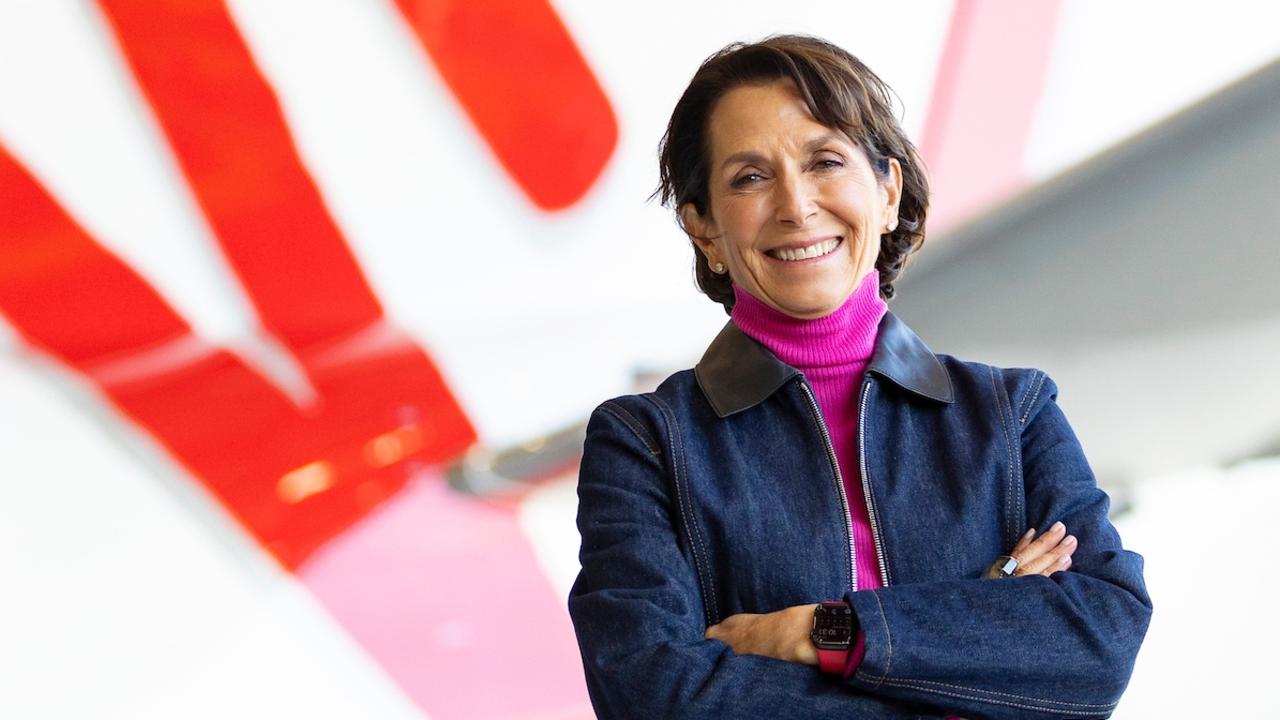Small super funds ‘are not going to cut it’: Equipsuper chair Andrew Fairley
Equipsuper chair Andrew Fairley has fired a parting shot at some industry trustees for putting their own interests ahead of members’ interests.

Equipsuper chair Andrew Fairley has fired a parting shot at some trustees of super funds, who sometimes put their own interests ahead of members.
Mr Fairley, who will step down as chair and a director at the end of this month after 12 years at the helm, said it was a fundamental duty of all trustees to always put members’ interests first.
“I don’t think that is always the case,” he said.
The outgoing chairman said he supported the Australian Prudential Regulation Authority’s outcomes test, and a more robust approach to the sector by APRA and the Australian Securities & Investments Commission.
APRA’s traffic light approach was “very helpful”, he said, with the sector and members becoming better informed as underperformance was highlighted.
This enabled members to vote with their feet if they were part of an underperforming fund.
Equipsuper is a profit-to-member, multisector fund, servicing employers and members from the energy, resources, water, infrastructure, manufacturing, health, legal and services sectors.
The fund completed a merger with Catholic Super in October 2019, creating an entity with $26bn in funds under management.
The deal was driven by Mr Fairley and Catholic Super chair Danny Casey, leading to the formation of Togethr Trustees as the trustee of both funds.
The two funds were the first to merge using an extended public offer licence, with the combined entity maintaining two separate brands and operating as separate funds.
A merged board of trustees was created, and the administration and back offices were combined.
Mr Fairley said at the time the deal was announced that the entity could achieve $35bn in funds under management by 2025 through organic growth alone.
“If you’re a fund in the $5bn to $10bn range and you think that’s sufficient (to be competitive), it’s not — you’re not going to cut it,” he said.
“You have to be big enough to pull together an internal investment team to manage 30-40 per cent of your assets because there’s 7-8 basis points to be gained for members.”
While Equipsuper engaged in several small successor fund transfers, the other big move it made was the July 2017 merger with the Rio Tinto staff superannuation fund, creating a $17bn entity with 75,000 members.
“The Equip board took the key initiative 7 years ago to be skills based,“ Mr Fairley said.
“This was informed by undertaking a skills matrix, and insisting that all new board members possess the required skills which added value to the complexity of fund deliberations.
“That really set us apart from other funds, and has played a major role in our growth - Rio was attracted by our skills-based board, our expertise in defined benefit, and an outstanding and consistent history of strong investment performance.“
Mr Fairley predicted a bright future for the merged fund.
“Equipsuper and Catholic Super don’t aspire to be a mega-fund,” he said.
“We believe that we can achieve $50bn in funds under management and about 300,000 members by being agile, innovative, having a strong, skills-led board, and with consistent investment capabilities which are proven over time.
“Significantly, we have continued to deliver outstanding benefits to our members.”


